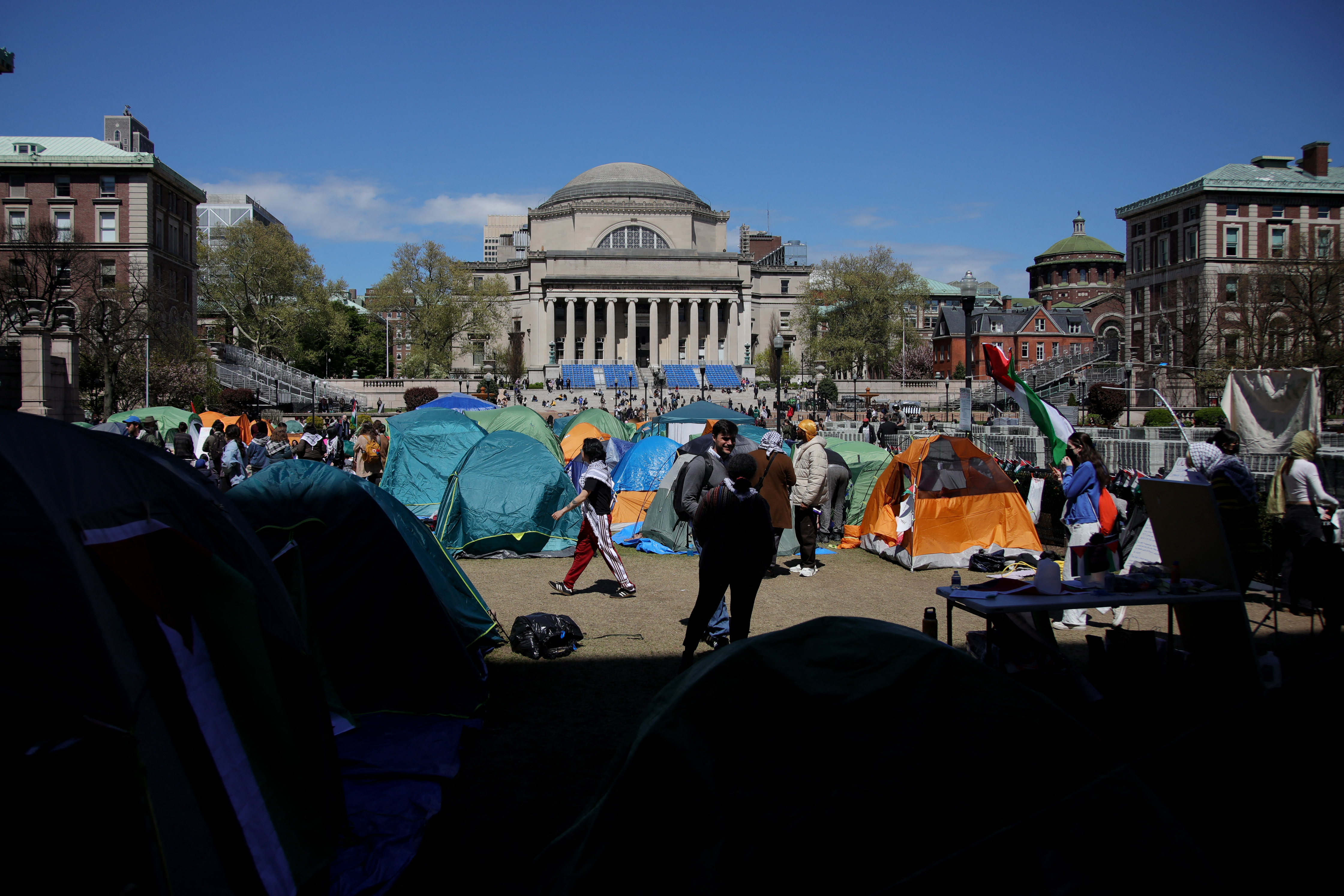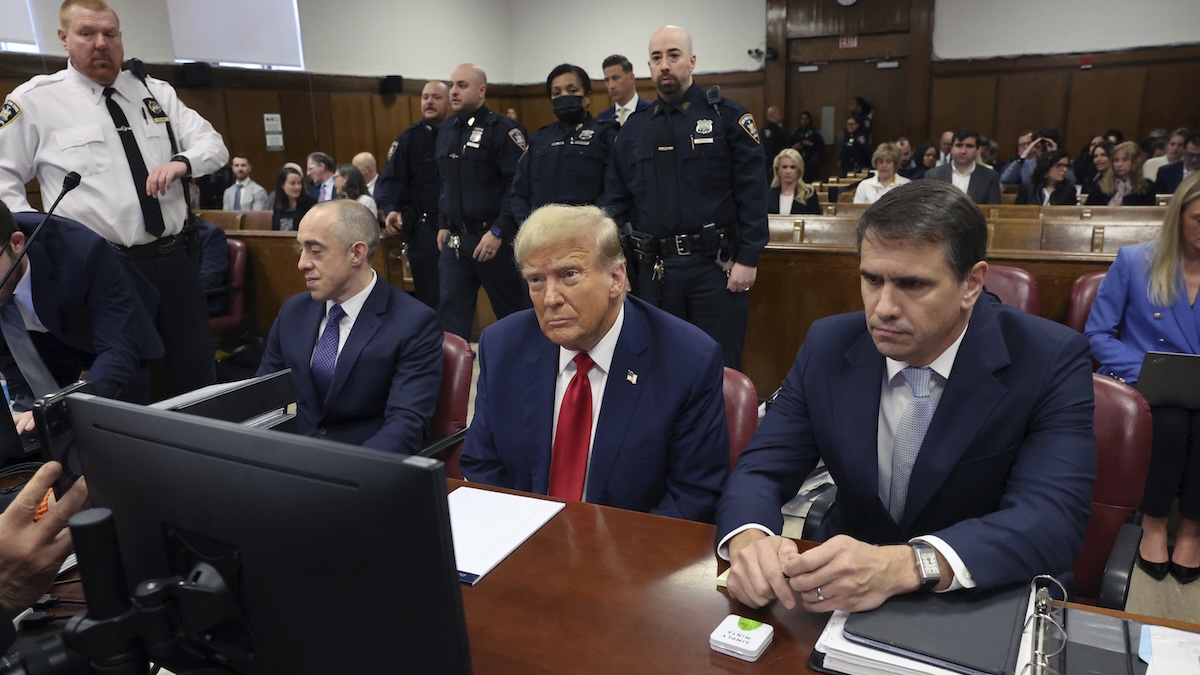What to Know
- In order to roll out an effective and efficient vaccination plan, New York needs to take into account minority communities, including Hispanic and undocumented immigrants.
- Gov. Andrew Cuomo has previously informed that experts say 75 percent to 85 percent of the entire state population must be vaccinated in order for the economy to return to some semblance of normalcy.
- Cuomo has also stressed the importance of reaching out to the Black, Brown and poor communities -- which have been disproportionately impacted by the ongoing pandemic -- to inform them about the vaccine and ensure their participation, saying the country and state cannot reach the vaccination goal without their participation.
In order to roll out an effective and efficient vaccination plan, New York needs to take into account minority communities, including Hispanic and undocumented immigrants.
In the Big Apple there are more than 700,000 immigrants without legal status, but now, they can breathe a sigh of relief now that the city is working with organizations to bring them information in several languages, including indigenous languages.
It's not only city officials who have stressed the importance of reaching out to minorities. Gov. Andrew Cuomo has previously informed that experts say 75 percent to 85 percent of the entire state population must be vaccinated in order for the economy to return to some semblance of normalcy.
Furthermore, Cuomo has stressed the importance of reaching out to the Black, Brown and poor communities -- which have been disproportionately impacted by the ongoing pandemic -- to inform them about the vaccine and ensure their participation, saying the country and state cannot reach the vaccination goal without their participation.
Anticipating the FDA's approval of the Pfizer vaccine, the mayor's office, alongside community organizations, began an education program to share information specifically with undocumented immigrants, including those who come from indigenous communities. The information will be shared in their native languages, precisely so that they have more confidence in getting vaccinated -- a plan officials say is a necessity to make the vaccination plan a success.
Non-profits already began the task of informing the community about the COVID vaccine following the decision of the Center for Disease Control that the federal government will no longer seek personal information on those who will be vaccinated, which would have potentially brought forth identifiers of a person's immigration status.
"I think it is a very big weight off my shoulders," María Meneses told our sister station Telemundo 47. "It really is great that they have done this and that the community knows about it."
The Mixteca Organization (known as Organización Mixteca) affirmed an agreement with the city to support the vaccination program that includes undocumented indigenous communities in New York.
News
“We are working hard with the undocumented and indigenous immigrant population,” said Janet Perez of the Mixteca Organization. "Our goal is that they also have access to those vaccines."
Given the reality of the vaccine and the peace of mind for the undocumented to receive it, they are already considering whether or not to take it.
"It is a form of protection, although you are not 100 percent sure that it will be an effective method or whether or not you will get sick," said Leticia Reyes.
Meanwhile, Maricela Rojas says that the vaccine "does not give her confidence."
For medical professionals, the vaccine should be seen as an advancement of science, just like the vaccines that have been discovered in the last hundred years.
"It is important that we understand the science and put things aside, myths, in order to understand and facilitate the process and end this pandemic," infectologist Dr. Rodolfo Munera said.
However, among many New Yorkers, regardless of immigration status, there is no clarity when deciding whether to receive the vaccine.
"I don't know why [the process] has been very fast," Ana Vargas told Telemundo 47. "I want to see the others act first and see what will happen."
Meanwhile, Pilar Pineda shared similar sentiments.
"I feel like yes, it can be a relief, but I'd like to wait for other people to try it," Pineda said.



